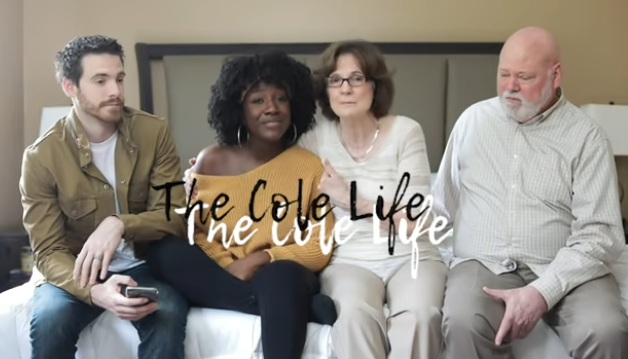
Introduction
Discussions on race and culture are deeply personal and complex, shaping the way we view the world, our identities, and our relationships. In this Q&A, we reflect on our experiences, values, and conversations with our parents about race and culture. These discussions have helped shape who we are today and how we approach issues of diversity, identity, and understanding.
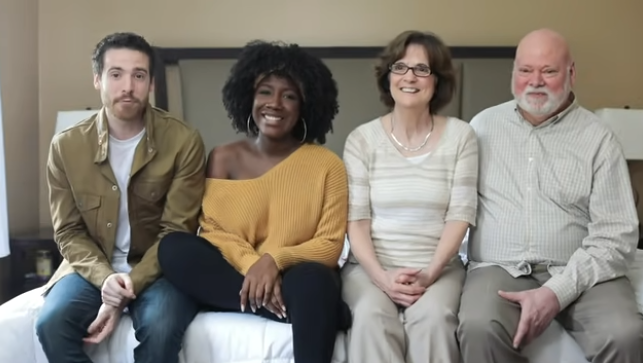
Q: How did your parents talk to you about race when you were growing up?
A: Our parents approached race discussions differently, influenced by their backgrounds and experiences. Some of us had open, frequent conversations about racial identity, discrimination, and history, while others were encouraged to focus on kindness and treating people equally without explicit discussions on race.
For instance, in households where race and culture were a central part of identity, parents emphasized the importance of knowing our history, being proud of our heritage, and understanding systemic inequalities. In contrast, other families may have had a “colorblind” approach, hoping that treating everyone the same would lead to a more unified society. As we grew older, many of us began to understand that acknowledging racial differences and history is crucial in fostering genuine equality.
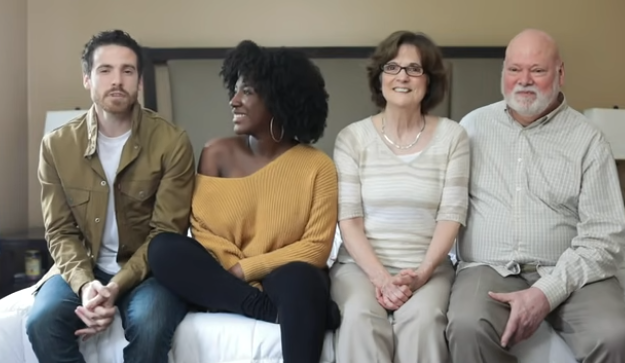
Q: What cultural traditions did your family emphasize growing up?
A: Cultural traditions play a huge role in shaping identity and maintaining a connection to our roots. For some, these traditions included celebrating cultural holidays, speaking multiple languages at home, or participating in community events. Others experienced a blend of cultures, incorporating traditions from different backgrounds into their daily lives.
Food was often a major part of cultural expression—whether through home-cooked meals passed down for generations or communal gatherings centered around traditional dishes. Religion and storytelling also played a significant role, with parents and grandparents sharing fables, folklore, and moral lessons rooted in cultural heritage.
These traditions helped us understand who we are and where we come from, reinforcing values of family, respect, and resilience. Even as we navigate our identities in diverse societies, these cultural foundations remain deeply meaningful.
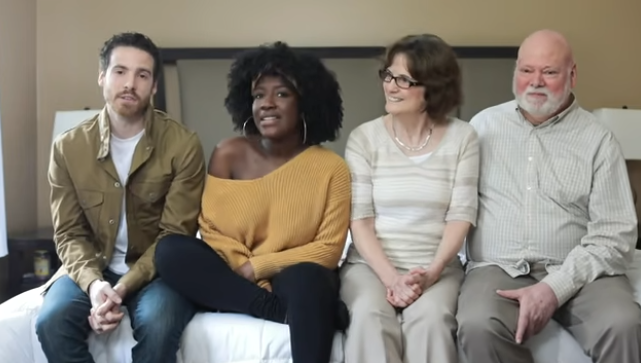
Q: How did your family navigate cultural differences in relationships and friendships?
A: Growing up, many of us were encouraged to embrace diversity while also being mindful of cultural expectations. Some parents were open to cross-cultural friendships and relationships, emphasizing shared values over cultural differences. Others were more protective, wanting to ensure that we stayed connected to our roots and traditions.
Navigating cultural differences often required balance. For example, in multicultural friendships and relationships, we learned to appreciate different perspectives while also educating others about our own backgrounds. Misunderstandings sometimes arose—whether through language barriers, different social norms, or unfamiliar traditions—but open communication and mutual respect helped bridge those gaps.
As we grew older, we learned to navigate these complexities by honoring our heritage while also embracing the beauty of diverse cultural exchanges.
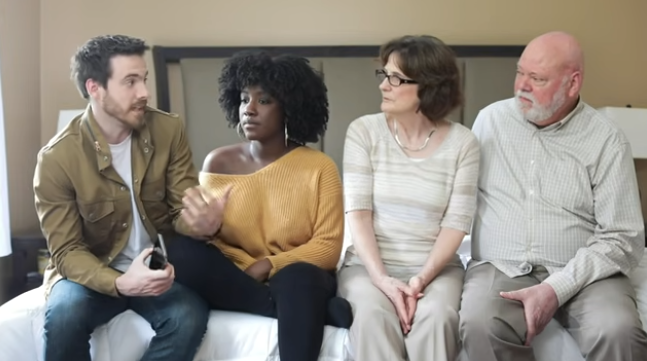
Q: What role did race and culture play in your parents’ experiences growing up?
A: Our parents’ experiences with race and culture varied depending on where they grew up and the historical context of their upbringing. Some experienced direct discrimination, while others were raised in more diverse or accepting communities.
For those who faced challenges, their stories often involved perseverance, resilience, and the importance of education. Many parents taught us to work hard, be aware of the world around us, and stand up for ourselves when necessary.
In contrast, some parents grew up in environments where racial and cultural identity was less of a daily struggle, allowing them to focus on other aspects of life. However, as society evolved, they recognized the importance of discussing these issues with their children to prepare them for the world.
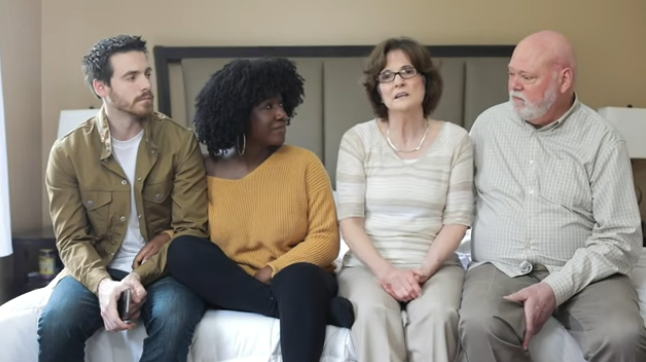
Q: How do you approach conversations about race and culture today?
A: Today, we approach conversations about race and culture with openness, curiosity, and a willingness to listen. Growing up with different perspectives has taught us that these discussions require empathy and continuous learning.
We strive to educate ourselves and others, challenge biases, and foster spaces where meaningful conversations can happen. Social media, books, and lived experiences have expanded our understanding, allowing us to engage in discussions that promote inclusivity and awareness.
Most importantly, we recognize that conversations about race and culture should not just happen during times of crisis or conflict—they should be ongoing, shaping how we interact with others and build relationships in our communities.
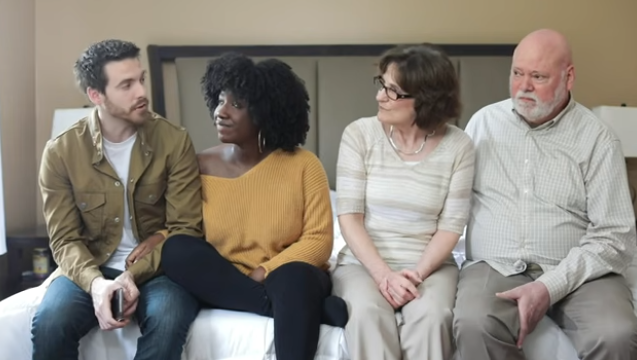
Q: What advice would you give to someone trying to talk to their parents about race and culture?
A: Talking to parents about race and culture can be challenging, especially if there are generational or ideological differences. Here are some tips:
- Start with Curiosity – Ask your parents about their experiences with race and culture. Understanding their perspectives can create a foundation for deeper discussions.
- Share Your Perspective – Explain why these topics matter to you. Whether it’s personal experiences, news events, or historical context, providing your viewpoint can foster understanding.
- Respect Differences – Not all parents will immediately agree or see things the same way. Instead of arguing, focus on finding common ground and engaging in respectful dialogue.
- Use Personal Stories – Sometimes, sharing personal experiences or the experiences of friends can make these conversations more relatable.
- Be Patient – Changing mindsets takes time. If a discussion doesn’t go as planned, revisit it later with new insights or perspectives.
By approaching these conversations with love, understanding, and patience, meaningful discussions can take place, leading to greater awareness and growth.
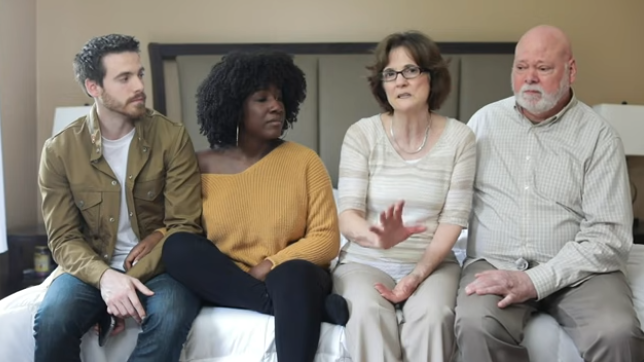
Conclusion
Talking about race and culture with our parents is an ongoing journey. While we may not always see eye to eye, these conversations help us understand our identities, foster empathy, and bridge generational gaps. By sharing stories, respecting different viewpoints, and embracing cultural diversity, we can create a world where these discussions lead to positive change and deeper connections.
No matter where we come from, our experiences with race and culture shape us in unique ways. The key is to keep learning, keep talking, and keep growing—together.


